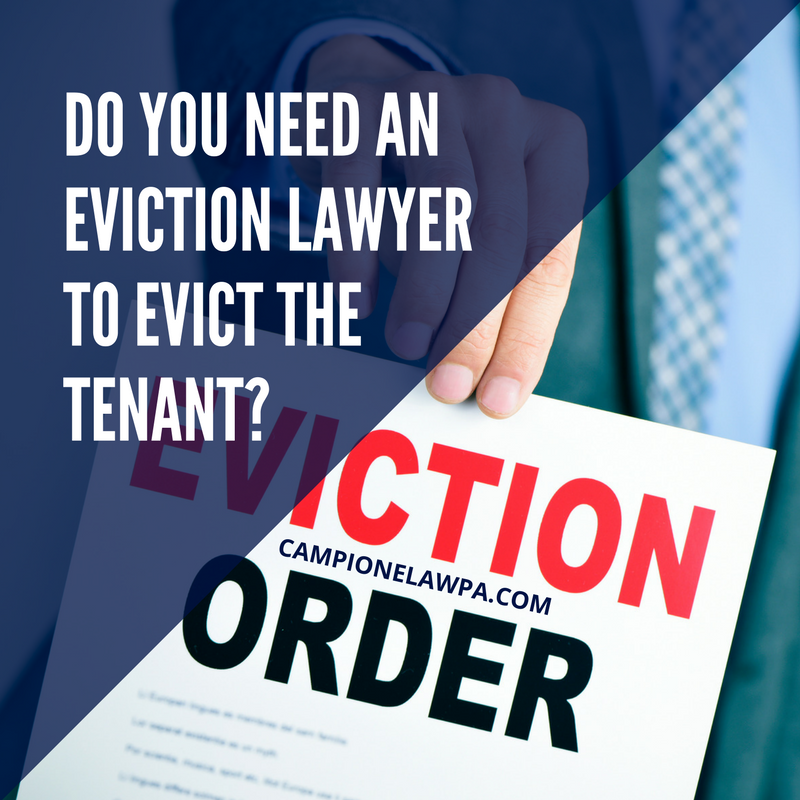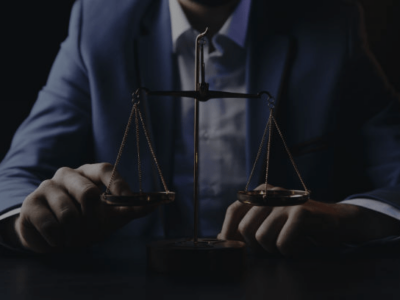What Are the Typical Instances Managed by an Eviction Lawyer in Tenant Disputes?
Eviction lawyers play an important role in addressing a series of renter disagreements that can arise in rental agreements. Usual situations include non-payment of rent, lease infractions, and wrongful eviction claims, to name a few. These experts navigate intricate lawful frameworks to stand for both landlords and lessees, guaranteeing that all parties understand their rights and commitments. The ins and outs of each situation can substantially affect the result, questioning regarding the performance of legal techniques employed. Understanding the subtleties of these disputes can brighten the broader effects for lessee legal rights and property owner responsibilities. What might these implications expose regarding the housing landscape?
Non-Payment of Rent
Non-payment of rent is a common issue that can lead to complicated lawful disputes in between property managers and tenants. If the renter does not conform, the property manager may file for eviction in the proper court.
In numerous jurisdictions, the lawful framework bordering non-payment of lease is developed to secure both celebrations. Renters may have defenses readily available, such as alleging uninhabitable living conditions or improper notification. Proprietors need to adhere to strict treatments mandated by regulation, consisting of giving adequate notification and filing the necessary paperwork.
An eviction lawyer plays an essential role in navigating these disputes. They can aid proprietors comprehend their civil liberties and commitments while making sure conformity with neighborhood guidelines. For occupants, legal depiction can offer insight right into possible defenses and help bargain beneficial results. Ultimately, dealing with non-payment of rental fee effectively calls for an extensive understanding of the legal landscape to stop long term conflicts and make sure a reasonable resolution.
Lease Infractions
Lease violations stand for a substantial issue in landlord-tenant partnerships, as they can result in disputes and potential eviction process. When occupants stop working to adhere to the terms laid out in their lease agreements, these violations take place. Common examples consist of unapproved subletting, failure to preserve tidiness, maintaining animals without approval, or taking part in turbulent behavior that impacts other tenants.
Landlords have a lawful responsibility to deal with these offenses promptly - eviction attorney miami. Normally, they will release a written notice to the occupant, outlining the details violation and supplying a specified duration for rectification. If the lessee fails to conform, the property manager may launch eviction process, which usually necessitates lawful intervention
Eviction attorneys play an important role in these scenarios by ensuring that the eviction procedure sticks to local legislations and regulations. Additionally, occupants facing allegations of lease offenses might seek legal guidance to object to the claims or bargain terms to stay clear of eviction.
Wrongful Eviction Cases
Wrongful expulsion claims are a critical aspect of landlord-tenant legislation, dealing with situations where a lessee is removed from a rental home without lawful justification. Such cases generally arise when property owners fail to comply with correct lawful treatments throughout the eviction procedure, including not offering the called for notice or performing expulsions without a court order.
The lawful structure surrounding wrongful eviction differs by territory yet usually gives lessees with the right to contest an expulsion if it lacks a valid factor or if due process was not observed. Typical premises for wrongful eviction insurance claims include vindictive activities by the property owner, eviction based on prejudiced factors, or eviction for factors that violate neighborhood or state guidelines.
In going after a wrongful eviction claim, lessees might look for different remedies, consisting of reinstatement to the rental building, damages for lost personal belongings or emotional distress, and lawful fees. An expulsion legal representative plays a critical duty in these cases, aiding tenants in collecting evidence, navigating court treatments, and supporting for their rights.
Recognizing the subtleties of wrongful expulsion claims is necessary for both property managers and renters to make sure conformity with the legislation and to protect their corresponding rate of interests within the rental relationship.
Occupant Civil Liberty Issues
Many occupants may be uninformed of their legal rights, which can cause exploitation and unreasonable treatment by landlords. Comprehending renter legal rights is critical for keeping a reasonable rental partnership and protecting oneself from prospective abuses. Usual tenant civil liberties include the right to a habitable living environment, protection against discrimination, and the right to personal privacy.
Renters deserve to request necessary fixings and maintenance, and property owners are legally obligated to resolve these issues promptly. In addition, lessees are safeguarded under reasonable housing laws, which prohibit discrimination based on race, gender, faith, and various other aspects.
Additionally, renters deserve to privacy, implying landlords can not get in the rental system without appropriate notification, other than in emergency situations. Several lessees are additionally unaware of their legal rights pertaining to down payment, consisting of the need for property owners to return deposits within a particular timeframe and give itemized deductions for any type of damages.
When disagreements arise over renter rights, an expulsion attorney can supply essential support and depiction to aid lessees assert their rights and browse complex lawful situations. Understanding of these legal rights empowers lessees to stand versus unfair methods and protect their housing security.
Home Damages Conflicts
Building damage disputes usually emerge in between tenants try this website and property owners, complicating the rental connection and potentially leading to lawful action. These disputes typically center around claims of damages sustained throughout the occupancy that exceed regular damage. Landlords might look for payment for repair services they think are the outcome of occupant oversight, while renters might contest such claims, arguing that the damages were pre-existing or a result of variables past their control.

In a lot of cases, arbitration might fix disputes without considering litigation, conserving both events time and resources. If unsolved, these disagreements can rise into expulsion proceedings, emphasizing the value of lawful depiction in shielding the legal rights and passions of both property managers and tenants.
Conclusion
Eviction legal representatives play an essential function in dealing with tenant imp source disputes by resolving various typical instances, consisting of non-payment of rental fee, lease violations, wrongful expulsion claims, renter rights problems, and residential property damage disagreements. Their expertise assists in a better understanding of legal civil liberties and duties for both property managers and tenants. By navigating the intricacies of eviction processes and promoting for reasonable treatment, expulsion attorneys add significantly to maintaining justice within the rental housing system.
If the lessee does not comply, the property manager might submit for expulsion in the appropriate court.

In addition, renters dealing with claims of lease infractions might seek legal advise to oppose the cases or negotiate terms to avoid expulsion. Landlords might look for payment for repairs they believe are the outcome of renter carelessness, while lessees may contest such insurance claims, arguing that the problems were pre-existing or an outcome of elements beyond their control.
Expulsion attorneys play a vital function in fixing tenant disputes by attending to numerous usual situations, consisting of non-payment of rental fee, lease violations, her latest blog wrongful eviction claims, lessee legal rights problems, and home damages disagreements.